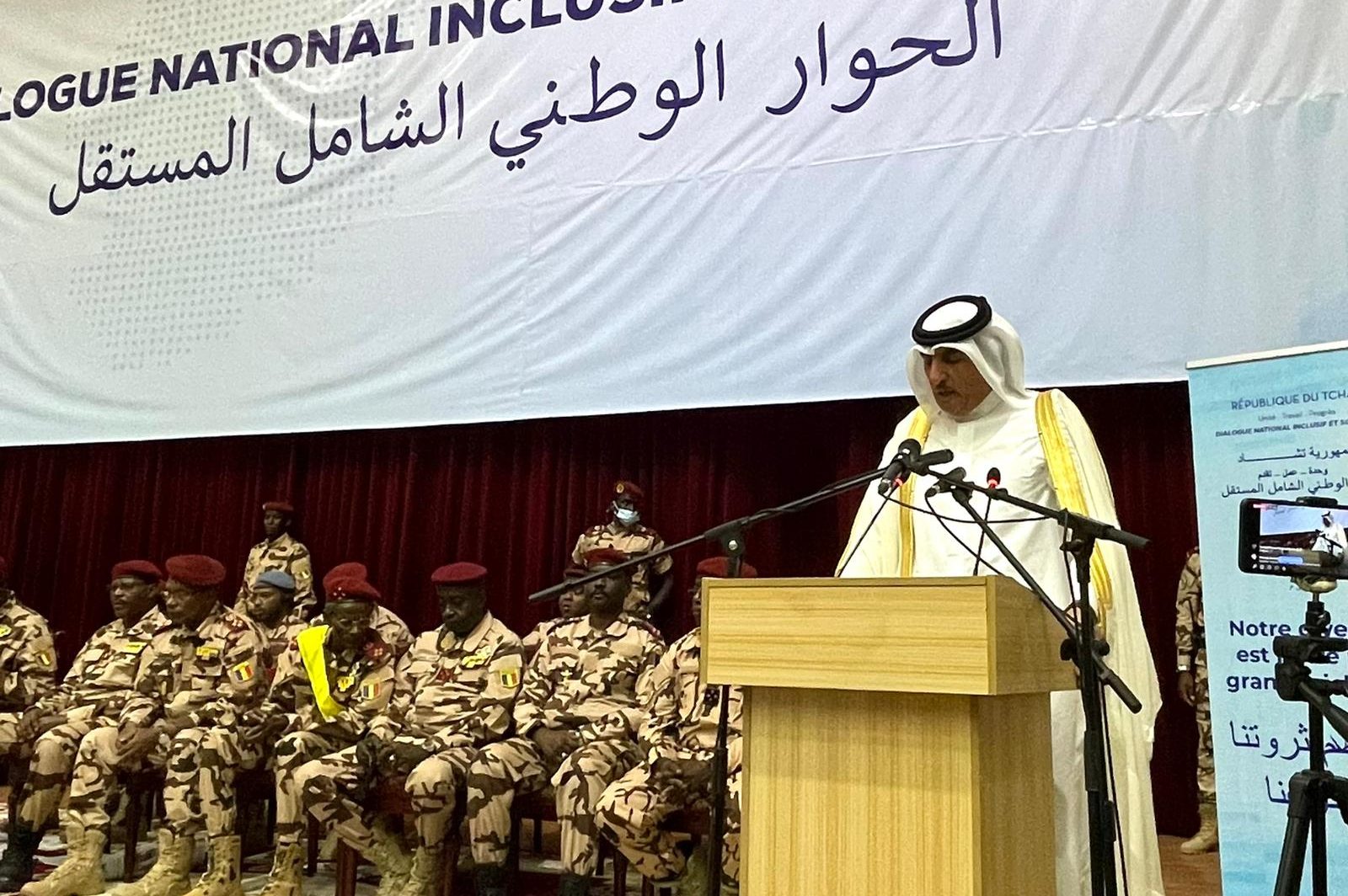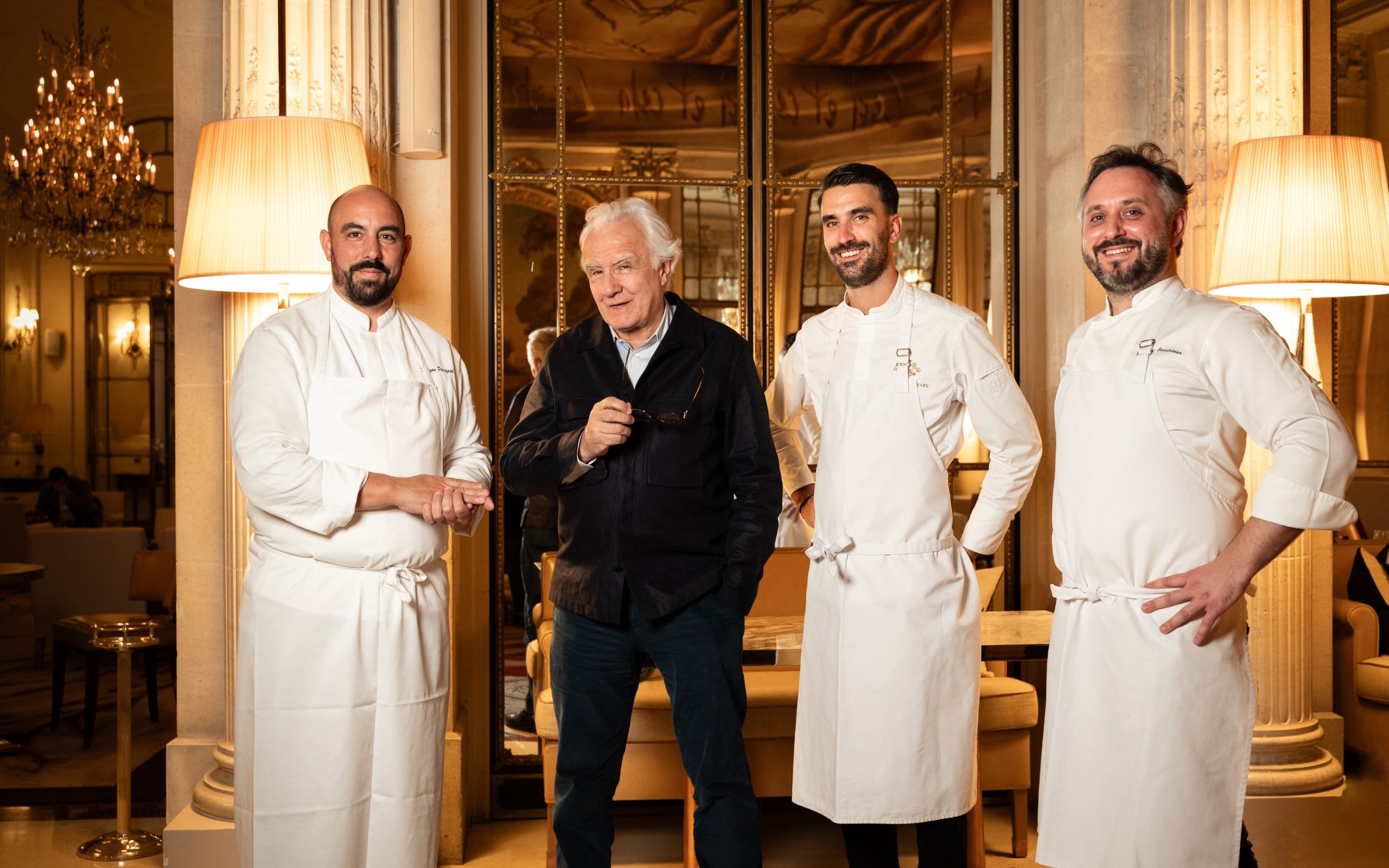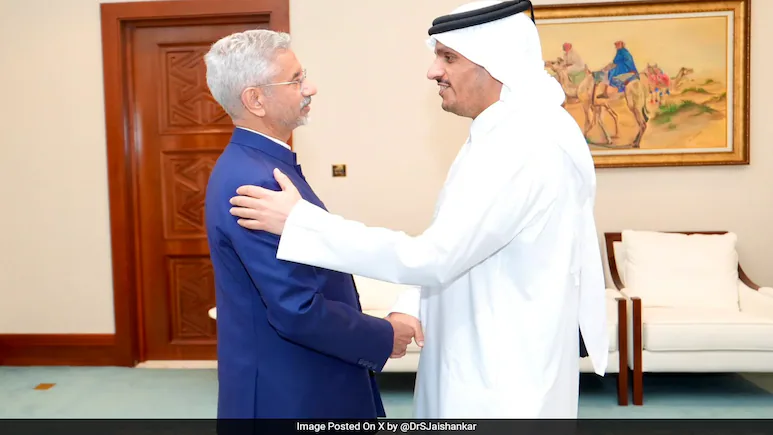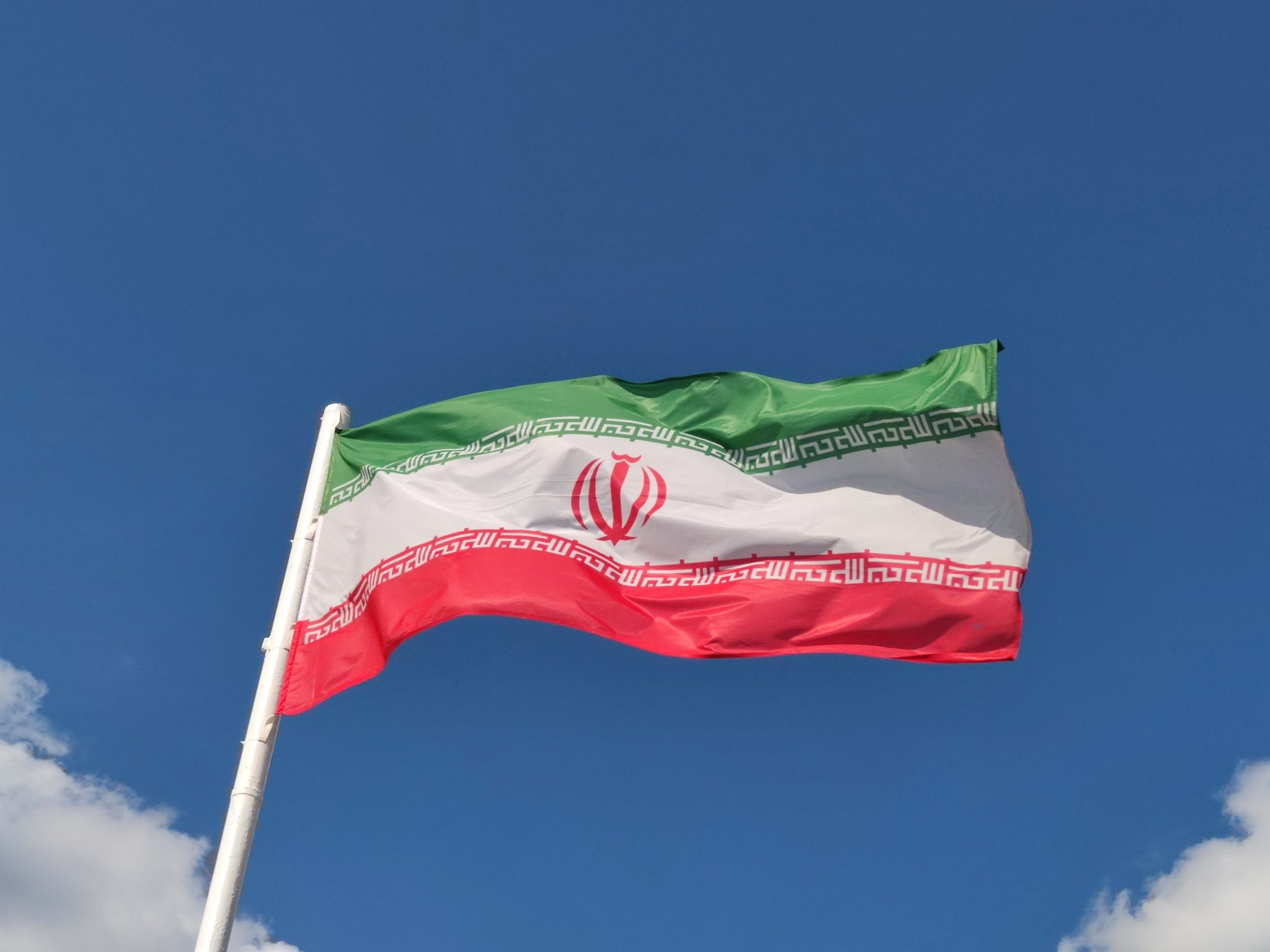The national dialogue was boycotted by several movements.
The Chad national dialogue kicked off on Saturday in N’Djamena following the signing of the Doha Peace Agreement between politico-military movements in Doha earlier this month.
According to the Gulf state’s foreign ministry, Qatar was represented by the Amir’s National Security Adviser Mohammad bin Ahmed Al-Misnad and Foreign Ministry Secretary General Ahmed Al-Hammadi in the Chad capital.
During his speech, Al-Misnad reiterated “Qatar’s support for the inclusive national reconciliation in Chad in order for the Chadian people to enjoy security and stability.”
The Qatari officials also met with President of Chad’s Transitional Military Council (TMC) Mahamat Idriss Deby Itno, where they discussed bilateral cooperation.
The national dialogue comes following several delays of the five-months long peace-building talks, attended by more than 50 movements, which stalled before the signing of the Doha Peace Agreement on 8 August.
The signing of the accord led to a ceasefire between the warring sides.
The talks on Saturday were preliminary and the dialogue is expected to start on Sunday or Monday, according to AFP, with the attendance of more than 1,400 delegates from different parties and movements.
Enrica Picco, director of the Central Africa project of the International Crisis Group (ICG) think tank, told AFP, that 21-days are not enough to reach an agreement.
“The timetable for the dialogue, which is supposed to last 21 days, is not credible, it is not possible for there to be an agreement in such a short time,” said Picco.
The national dialogue aims to pave the way for long-promised “free and democratic” elections after the junta’s 18-month rule. This comes under a deadline given by France and the African Union.
The signing of the accord was a crucial factor to begining the talks in N’Djamena to ensure the attendance of all movements, though the key rebel group Front for Change and Concord in Chad (FACT) fell short of joining the agreement.
The movement led a military offensive last year that ended with the death of former leader Idriss Deby in April 2021, which followed the rise of his son, current TMC leader, to power. The late president ruled Chad for 30 years.
The 38-year-old leader later dissolved parliament while promising elections by the end of the transitional period in October.
“We are organising this dialogue to turn the page on the transition and set up a democratic regime and a change of government,” the Minister of Communication and government spokesman, Abderaman Koulamallah, told AFP.
Koulamallah referred to the national dialogue as “a pivotal moment for the future of Chad.”.
Growing opposition
FACT also boycotted the national dialogue, which it said is “skewed in advance”.
The Wakit Tamma movement, composed of opposition parties and civil society groups, have also refused to attend the talks, citing the ruling military’s human rights violations.
Civil resistance was seen by supporters of the Transformers party following calls by the party’s leader, Succes Masra.
In April, Human Rights Watch (HRW) expressed concern over a worsening human rights situation in the country, accusing Deby of “carrying out arrests of dissidents and threatening critics across the country”.
Those claims have been denied by Deby’s ministers.
There has been a concern over the possibility of Deby to run for president again, despite previously promising not to do so.
Chad has faced decades of political unrest with tensions increasing since the killing of the former leader.
UN Secretary-General Antonio Guterres congratulated Chad’s TMC on Friday ahead of the national dialogue, while stressing the importance of the participation of “all segments” of Chadian society.
“The secretary-general notes that the dialogue offers a historic opportunity to build new foundations for the stability of Chad, through the consolidation of democracy and good governance,” said Guterres’s deputy spokesperson Farhan Haq.







